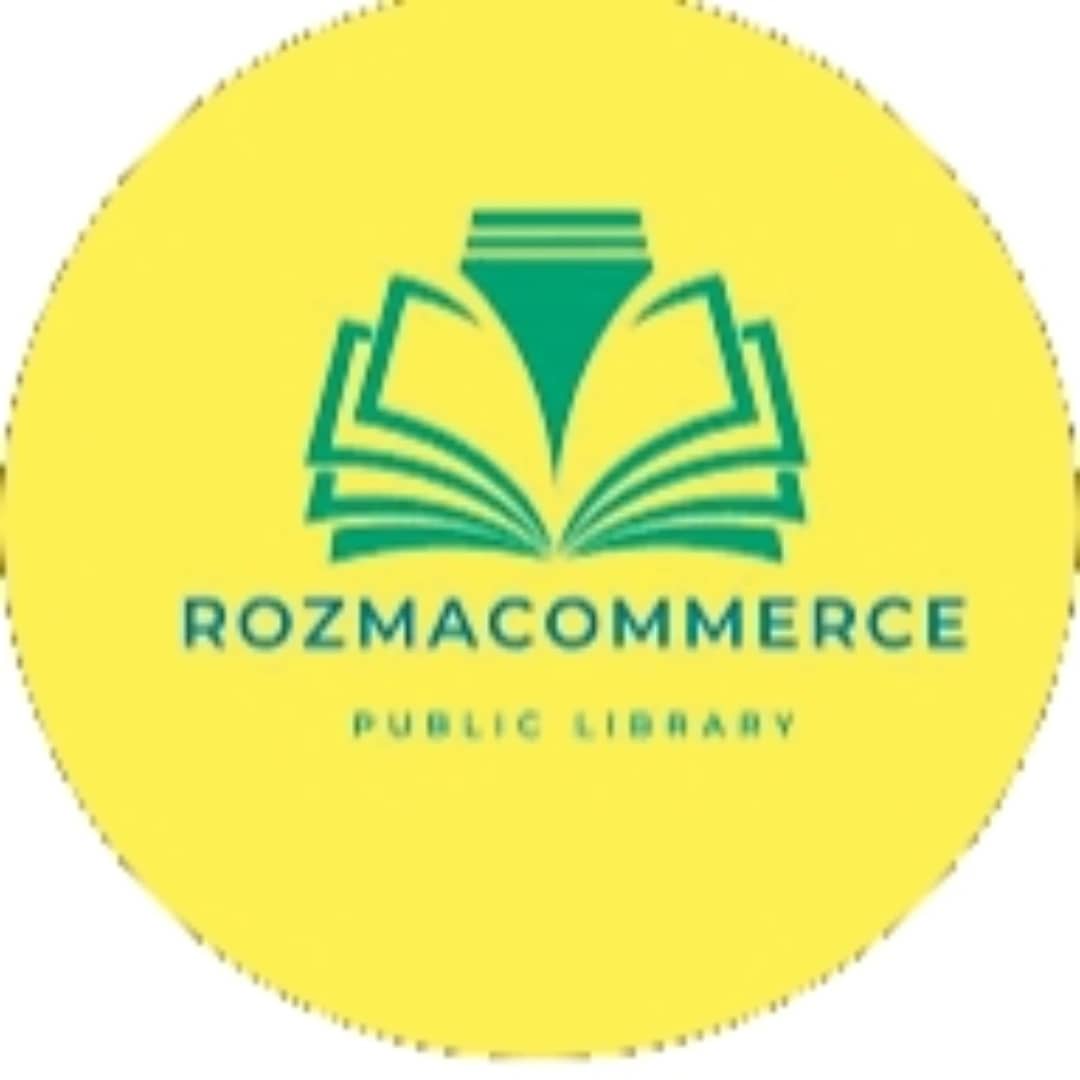Challenging the Conventional Schooling Model

Open Education boldly challenges the modern education system by asking one crucial question: what if everything we think we know about learning is outdated? Matt Bowman and Isaac Morehouse argue that the traditional schooling model—rigid schedules, standardized testing, and one-size-fits-all curricula—is not designed to cultivate curiosity or critical thinking. Instead, it stifles creativity, ignores individual potential, and prepares students for obedience rather than opportunity. The authors present a compelling case that learning should be driven by passion and relevance rather than imposed structures and outdated institutions
The Philosophy of Open Learning
At the heart of this book lies a philosophy that sees education as a personal, flexible, and lifelong journey. Bowman and Morehouse advocate for an “open” approach that frees learning from the walls of the classroom and invites students to explore knowledge through real-world experiences, mentorship, and self-directed inquiry. This philosophy is rooted in trust—the belief that children are naturally curious and capable of guiding their own education if given the freedom and support to do so. The authors argue that parents and educators should become facilitators of exploration rather than enforcers of compliance
Practical Strategies for Reimagining Education
Unlike some theoretical works, Open Education offers concrete advice for putting its ideas into action. The book explores methods like unschooling, project-based learning, apprenticeships, and entrepreneurial education. It encourages parents to rethink their roles—not as teachers in the traditional sense, but as co-learners and supporters. The authors also provide insights into how to create enriching environments at home, how to identify resources outside the school system, and how to help kids set and pursue goals based on their unique interests. The emphasis on flexibility and individuality makes the book especially relevant for families seeking alternatives to standard education paths
Critique of Institutional Barriers
One of the book’s most powerful sections addresses the institutional obstacles that keep traditional education in place. Bowman and Morehouse critique how the system rewards conformity and punishes creativity. They highlight the bureaucratic inefficiencies, political interference, and economic incentives that maintain the status quo in education. Their critique extends to the college industrial complex, where rising tuition costs and declining returns on investment are making families question whether a degree is still the best path to success. By exposing these flaws, the authors lay the foundation for why radical change is not only desirable but necessary
Empowering Families and Learners
The most inspiring part of Open Education is its empowering tone. Rather than simply pointing out the flaws of current systems, the book equips readers with the mindset and confidence to take action. It speaks directly to parents who feel disillusioned with traditional schools but uncertain about alternatives. The authors make it clear that you do not need a teaching degree or institutional approval to help your child succeed. What you need is courage, creativity, and a willingness to break from outdated norms. The stories and examples included in the book illustrate how ordinary families have found extraordinary success by embracing educational freedom
A Manifesto for the Future of Learning
Ultimately, Open Education serves as a manifesto for a new era of learning—one that values curiosity over conformity, relevance over routine, and freedom over force. Bowman and Morehouse are not just reformers of education; they are revolutionaries calling for a fundamental rethinking of how we raise and prepare the next generation. Their message is clear: the future belongs to those who are free to learn in ways that make sense for them. By removing the barriers imposed by outdated institutions, we can unlock the full potential of every learner. This book is a must-read for any parent, educator, or student who believes that education should be an adventure, not a prison
